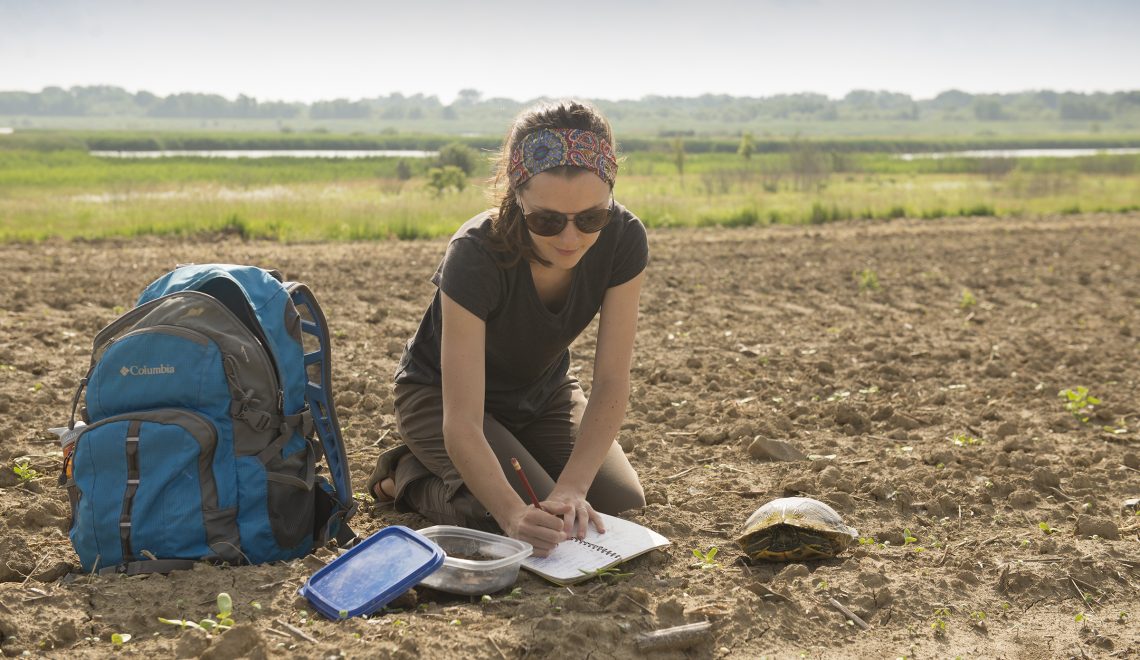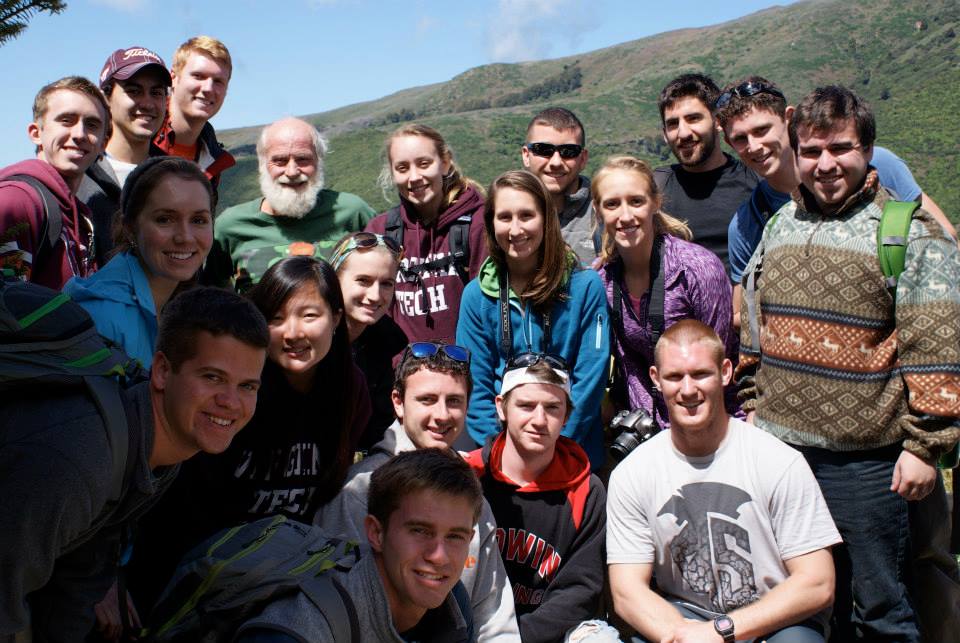Kate Mayfield, the University of Montana’s Sustainability in New Zealand and Australia student blogger, writes:
 While raising enough money to go on your trip abroad may be difficult, travelers often struggle to stay on budget once they are in country as well. In my own experiences abroad, I have found that when I did not plan my budget well, I spent a lot more money than I originally planned for. Through my own trial and error, I have come up with some tips to help travelers stay on budget.
While raising enough money to go on your trip abroad may be difficult, travelers often struggle to stay on budget once they are in country as well. In my own experiences abroad, I have found that when I did not plan my budget well, I spent a lot more money than I originally planned for. Through my own trial and error, I have come up with some tips to help travelers stay on budget.
- Know your schedule.
Knowing when and where you are going to be throughout your trip will help you determine where you want to spend your money. Knowing what locations offer more expensive foods or have more adventure opportunities will help you determine where you should save and where you can spend.
- Know what you like and don’t like.
This is entirely up to you! If you love gourmet restaurants, budget for food. If you are an adrenaline junkie, plan for outdoor adventure activities. Thinking about what you like to spend on money on ahead of time is important so you aren’t swayed to waste money on something you aren’t sure you will even like.
- Share Meals/Lodging.
If you travel with an AUIP-sponsored program, all of your lodging will be taken care of as part of the fee you pay for the trip. However, if you are traveling alone, it is wise to try and share lodging when you can. Youth hostels offer multiple beds per room and are often great places to create lasting friends or travel partners. When it comes to food, splitting meals either at a restaurant or splitting the price of groceries can really help cut down costs throughout your travel experience (items like pasta and rice are cheap and when paired with the right sides can make for a delicious meal).
- Think souvenirs through.
While you may think that you have to have a Kiwi stuffed animal to commemorate your experience in New Zealand, it is helpful to thoroughly explore your options for souvenirs before deciding what to buy. If you like something, take the time to walk around to different shops and compare prices before you buy it. It is also worth noting that you do not need to buy something for everyone in your family and all of your friends. While I was in New Zealand, I only purchased items that reminded me of a certain person and who I knew would really appreciate it. For example, my mom uses honey in her tea every morning. I came across a sample package of six different local honey flavors and thought it would be perfect. It was inexpensive, easy to pack, and she loved it.
Leave a comment









